Hoarding & Hoarders

About hoarding.
Hoarding is very common, it’s hard to say for sure but it affects about one in 20 people.
It’s an expression of distress, a physical metaphor for low self-esteem and failure.
It’s all about control. The stuff is not the problem, it’s an attempt to solve a problem.
“You can’t change what you aren’t aware of. Your soul is trying desperately to get your attention. It has something to say and isn’t feeling heard. The message might be a call to action or a cry for help. Either way, stubborn clutter is an indicator of a non-clutter issue.” – Kerri L. Richardson.
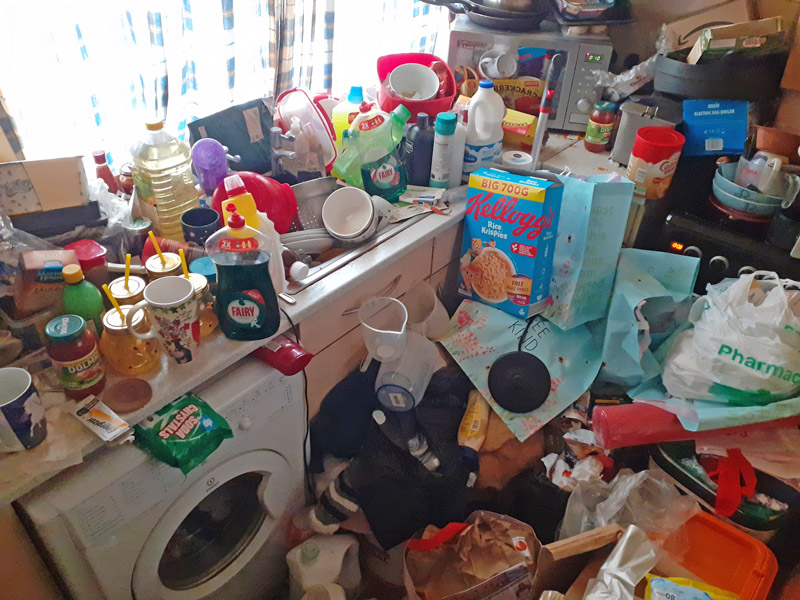
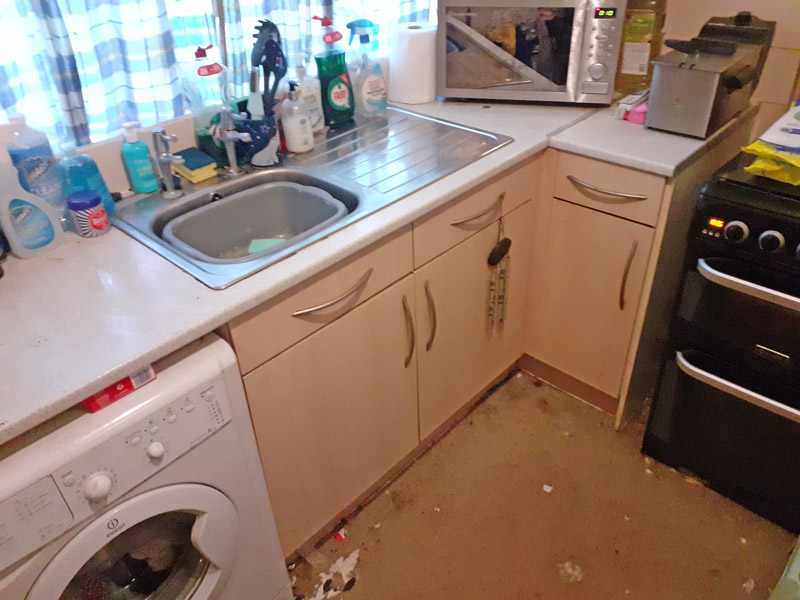
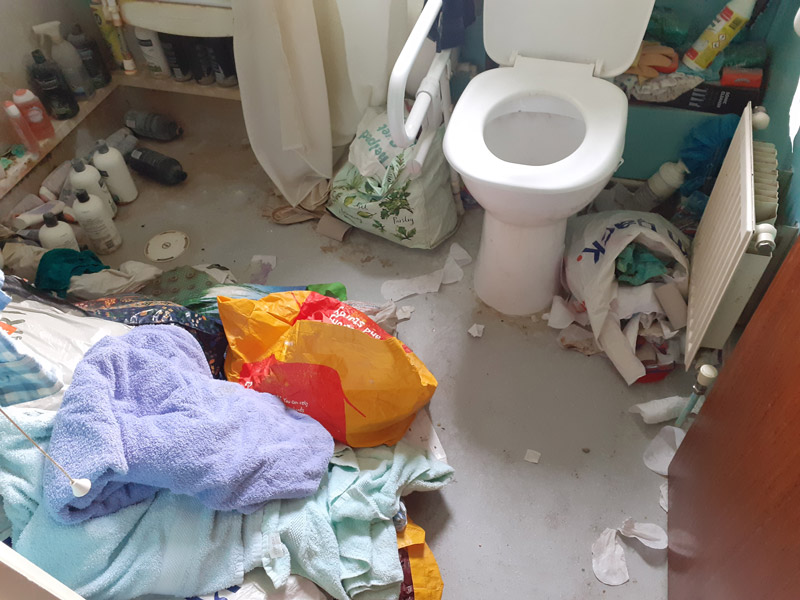
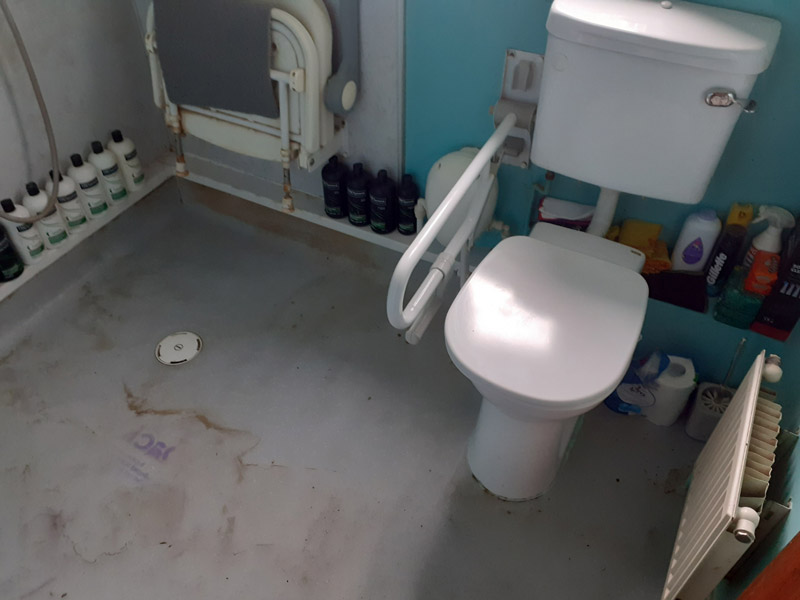
Hoarding co-exists with other problems like depression, anxiety, agoraphobia etc. It can make daily life a challenge. As space fills tasks like washing and cooking become difficult or impossible. When things break-down they can’t be fixed. The person gets used to having no heating or hot water. The person becomes isolated, depressed, full of self-loathing and blame. It’s anxiety-inducing and agonising.
There are two aspects to hoarding…
1) Acquiring a lot of stuff
2) Not getting rid of things
Eventually the clutter interferes with day-to-day life. That’s hoarding disorder in a nutshell.
Over time the person becomes withdrawn. Very often the property suffers because of the lack of ventilation. The home can’t be cleaned because stuff is in the way. Cobwebs take over, curtains stay shut, gardens become overgrown.
As this process happens the person becomes more and more isolated and miserable. S/he feels useless, assumes they are a terrible person. Self-esteem goes out of the window.

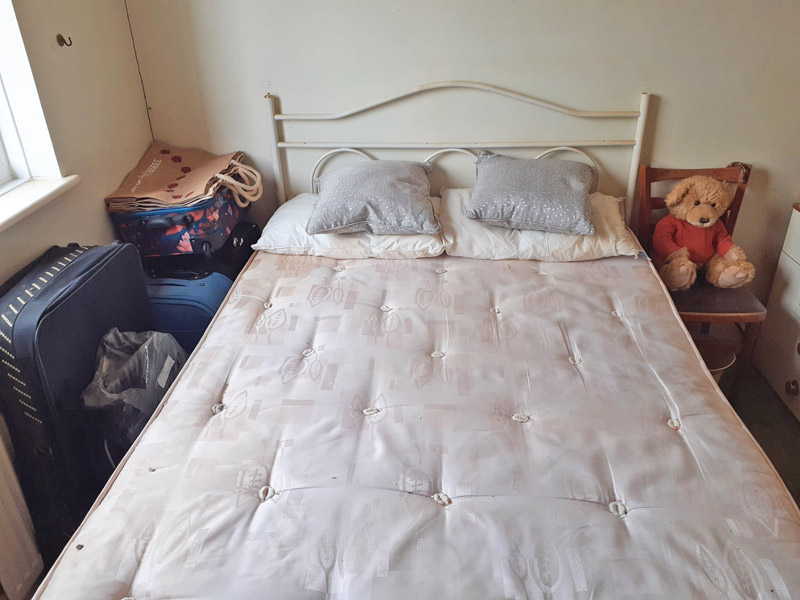
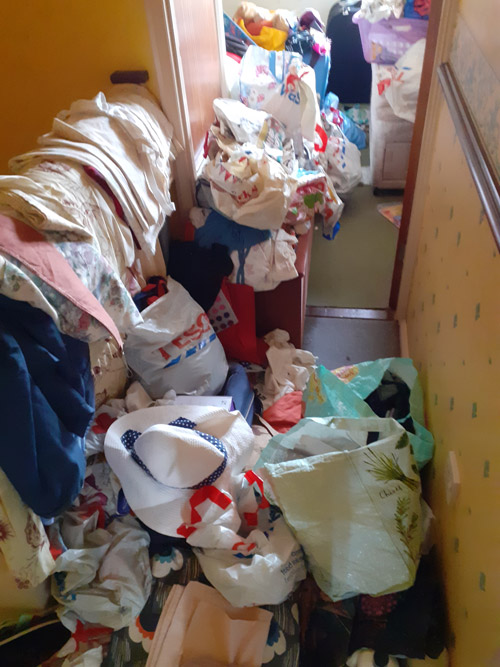
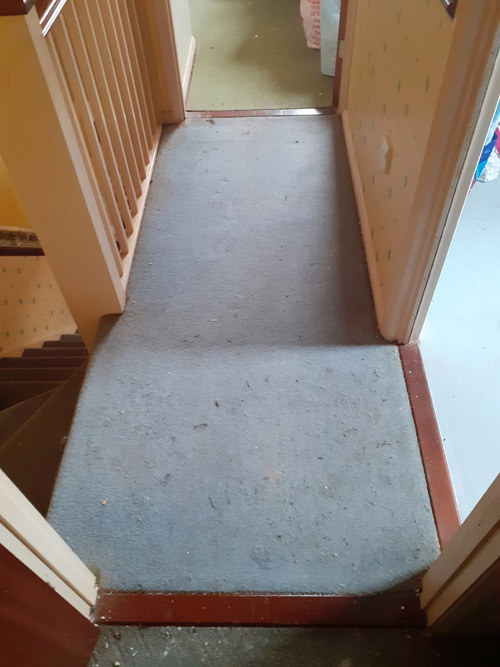
Physical health suffers too, trips and falls are more likely when you have to clamber over stuff to move around. The air in hoarded homes is not healthy, lack of ventilation leads to damp and mould.
All of this conspires to create a vicious circle which maintains the situation…
- I feel terrible, my home is a nightmare. I don’t know where to start.
- I go out to get away from the mess.
- I try to make myself feel better by buying something, make me feel “normal”.
- I get home, the thing I bought is added to the hoard.
- Return to step one and repeat.
Hoarding behaviour is not about greed or possessiveness. The buzz comes from the hunt and the getting, not the owning. People who get the buzz from owning are more likely collectors who take pride in how they organise their possessions. Very often you’ll find people who hoard don’t even open the parcels or take stuff out of the bags.
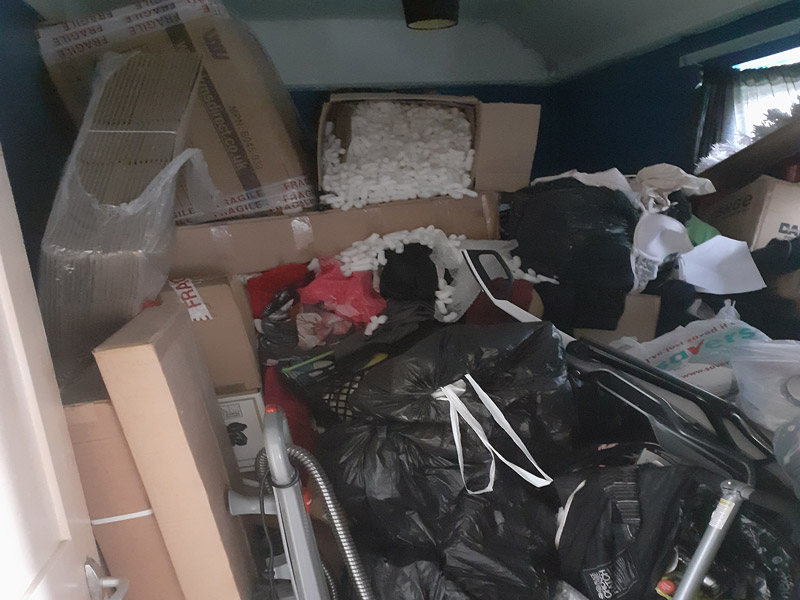
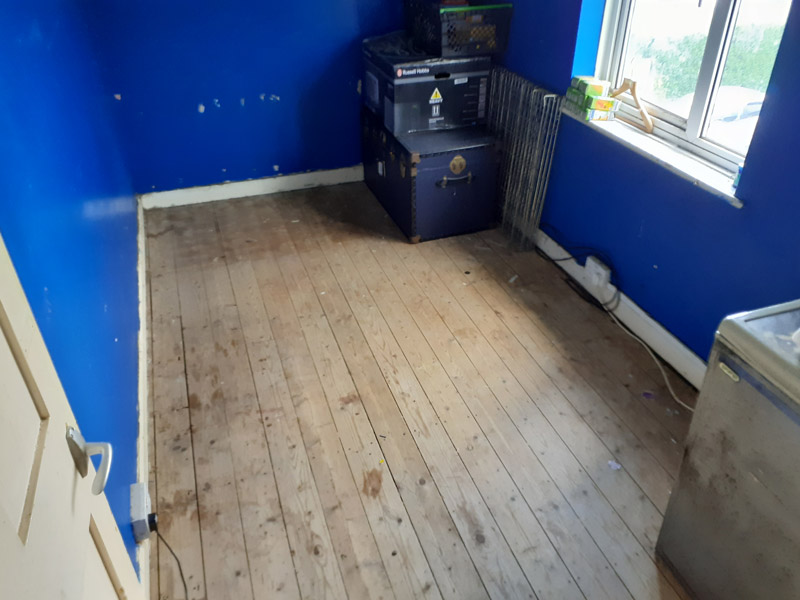
If hoarding or clutter is affecting you please do get in touch, I offer an empathetic, non-judgemental service where you are in control.
Harry
